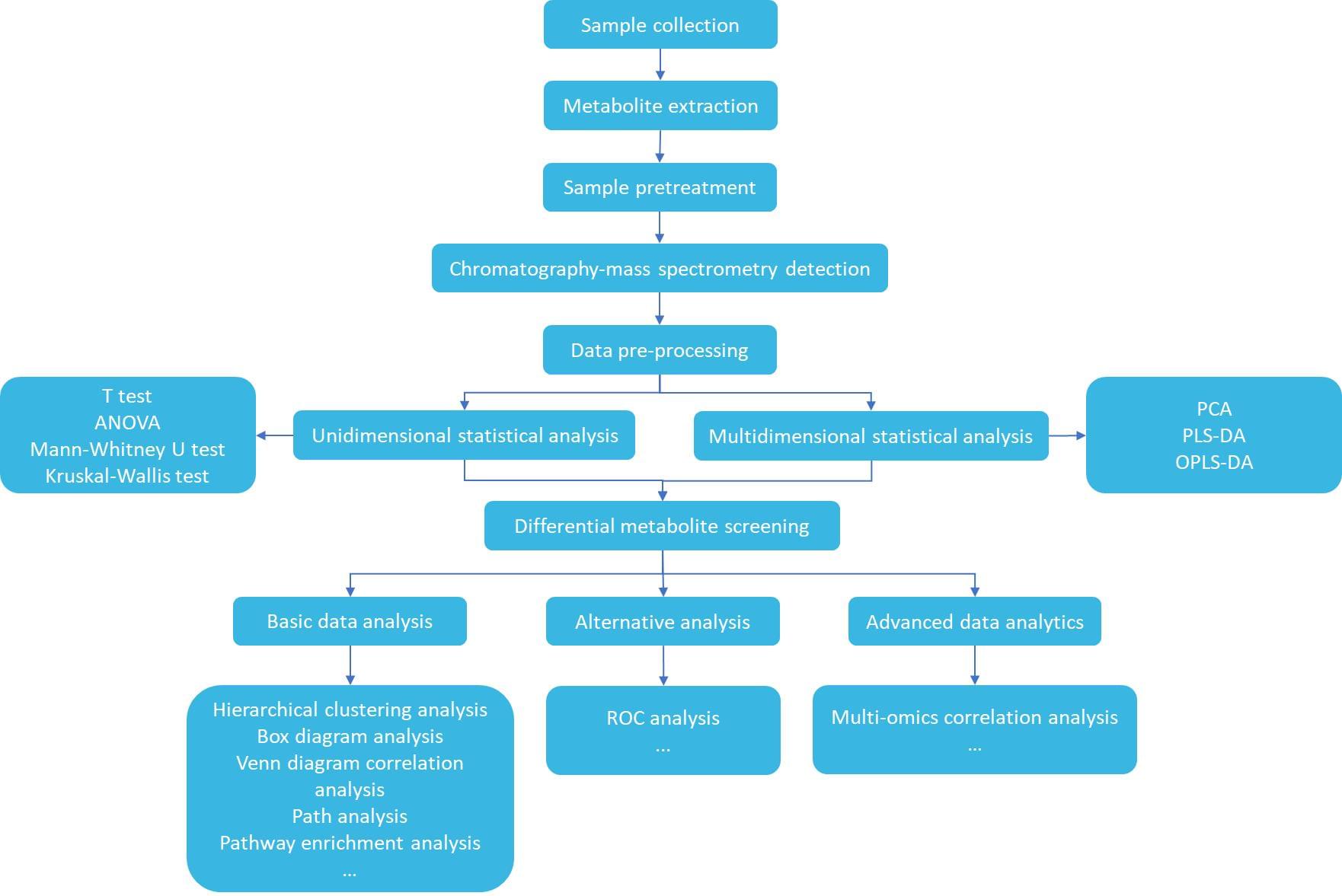What is Choline?
Choline is a water-soluble nutrient that belongs to the B-vitamin complex. It is involved in various physiological processes, such as muscle control, brain development and metabolism. In addition, choline plays a key role in lipid metabolism, cell membrane structure and homocysteine metabolism. Choline metabolism is involved in a wide range of biological processes, including cell membrane structure, neurotransmitter synthesis and methylation. Various foods such as eggs, meat, fish and dairy products are rich sources of choline. Vegetarians and vegans may have difficulty getting enough choline from their diets, which can lead to choline deficiency, which can lead to liver damage, muscle damage and neurological disorders such as dementia and Alzheimer's disease.
Choline metabolic pathway (Inazu
et al., 2019)
Choline derivatives, such as acetylcholine, phosphatidylcholine and sphingolipids, are involved in a variety of biological processes, including neurotransmission, cell membrane structure and signaling. Acetylcholine is a neurotransmitter essential for muscle control, memory and other cognitive functions. Choline and its derivatives are associated with the development and progression of a variety of diseases, such as liver disease, cardiovascular disease and neurodegenerative disorders, in addition to the regulation of lipid metabolism and inflammation associated with cardiovascular disease. Choline deficiency may be associated with nonalcoholic fatty liver disease (NAFLD) and hepatocellular carcinoma. In neurodegenerative diseases, choline and its derivatives are associated with neurotransmission regulation, oxidative stress and inflammation and have been suggested as potential therapeutic targets.
Analysis of choline and its derivatives in biological samples helps to understand their role in health and disease and helps researchers to identify potential biomarkers for disease diagnosis and monitoring, as well as targets for therapeutic intervention. However, the analysis of choline and its derivatives in biological samples can be challenging due to their low concentrations and structural diversity. Accurate detection and quantification require analytical methods with high sensitivity and specificity. Based on HPLC-MS technology, Creative Proteomics provides comprehensive qualitative and quantitative analysis of choline and its derivatives in a variety of biological samples, including serum, plasma, urine and tissue samples.
List of Choline Metabolites and Derivatives Analysis
Technology Platform for Choline Metabolites and Derivatives Analysis
Agilent 6495 Triple Quadrupole LC/MS Coupled with the Agilent 1290 Infinity II LC System
Workflow for Choline Metabolites and Derivatives Analysis

Project Cycle
A standard experiment and analysis process takes about 2~6 weeks.
If you would like to analyze other metabolites or learn more, please contact us. We look forward to working with you.
Reference
- Inazu, Masato. "Functional Expression of Choline Transporters in the Blood–Brain Barrier." Nutrients 11.10 (2019): 2265.
For Research Use Only. Not for use in diagnostic procedures.


